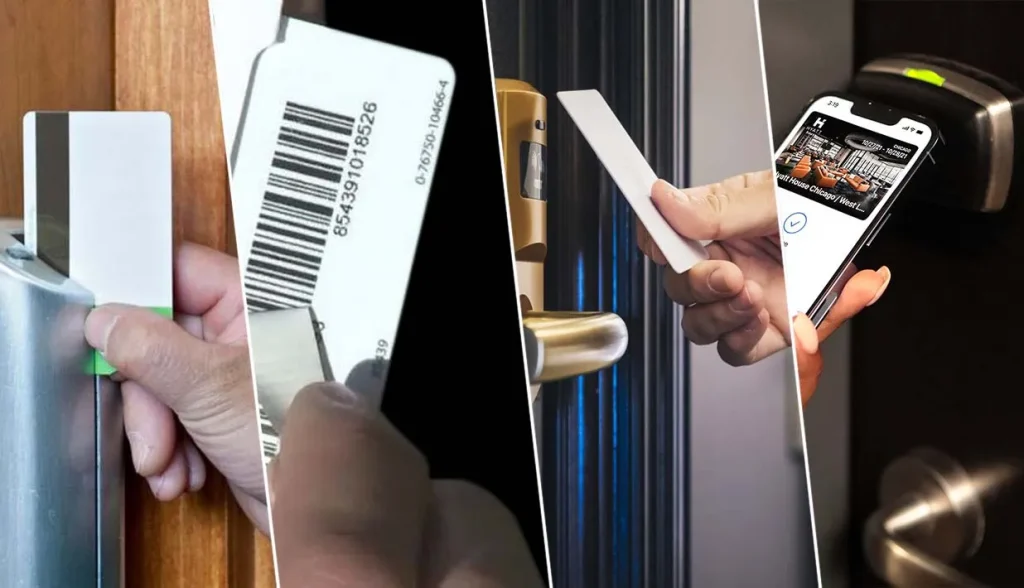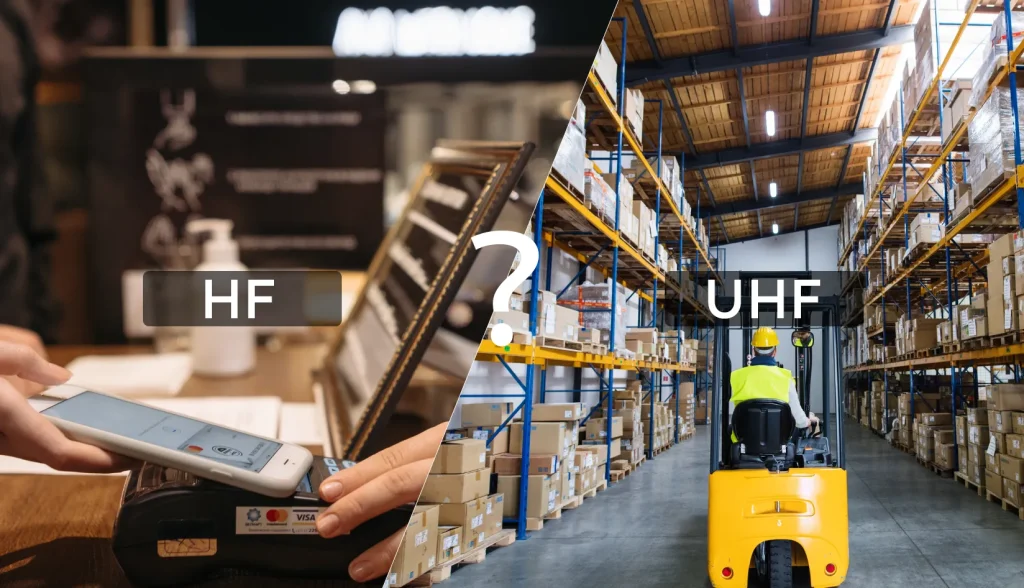**Summary: “RFID for Events: Maximize Efficiency & Engagement”**
This blog post explores the transformative impact of RFID (Radio Frequency Identification) technology on event management. It highlights how RFID enhances operational efficiency by streamlining check-ins, reducing wait times, and improving inventory control. The article emphasizes the heightened engagement RFID facilitates through personalized attendee experiences, real-time tracking, and data analytics that offer insights into attendee behavior. With its unique ability to optimize security and enhance overall satisfaction, RFID emerges as an essential tool for event organizers aiming to create memorable and seamless experiences.










